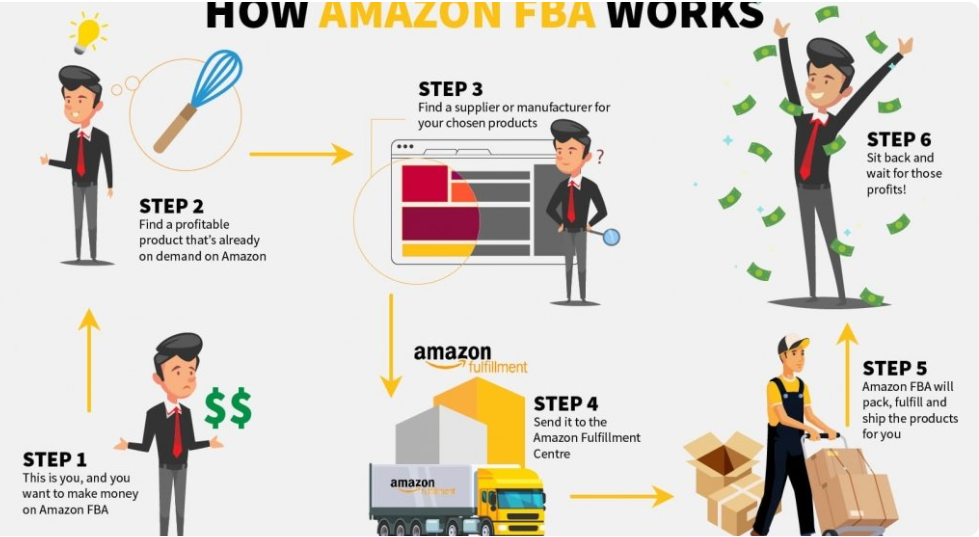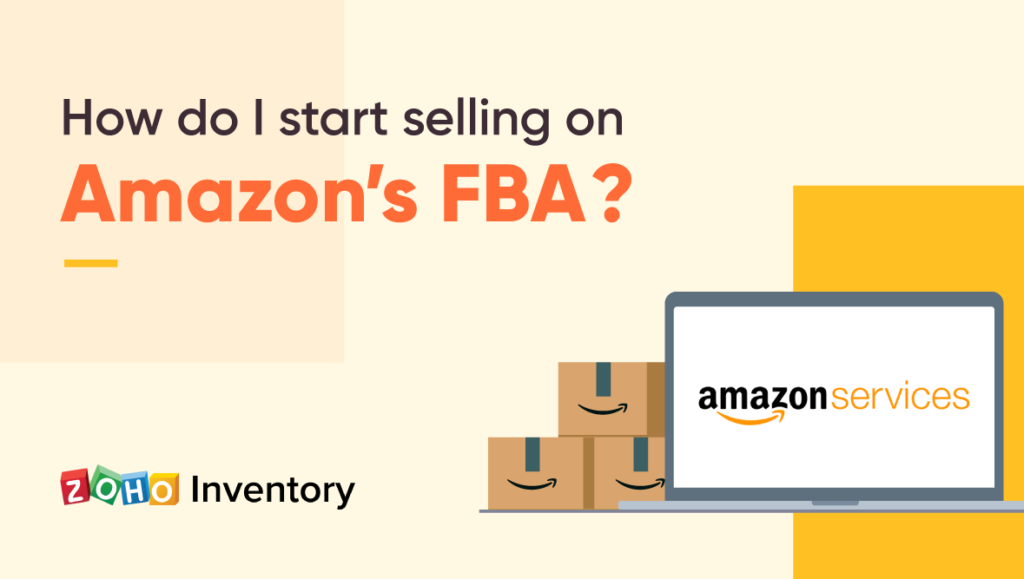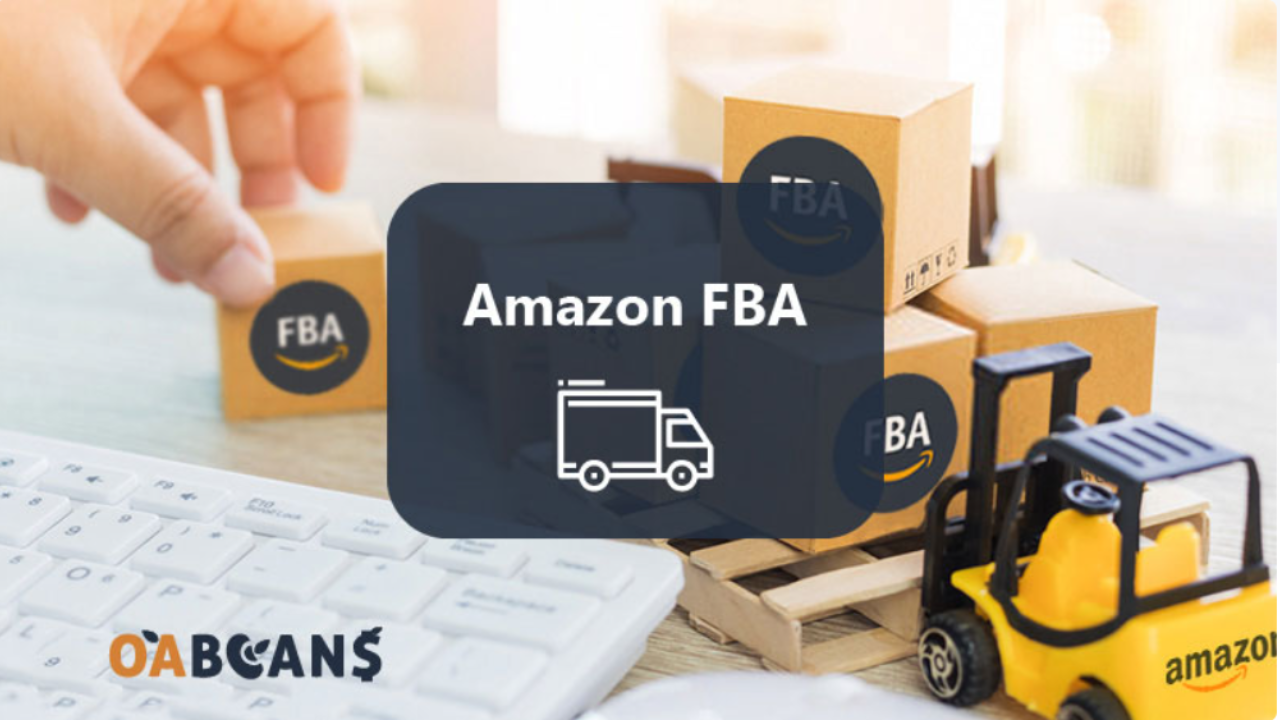Are you considering investing in an Amazon FBA business for sale? Evaluating such opportunities requires a strategic approach to ensure you’re making a sound investment decision. From assessing financial performance to analyzing customer feedback and operational efficiency, understanding the key steps involved in evaluating an Amazon FBA business is crucial. This guide will walk you through the essential factors to consider before purchasing an Amazon FBA business, helping you navigate the complexities of e-commerce acquisitions with confidence.
What is Amazon FBA?
If you’re exploring ways to sell products online, understanding Amazon FBA (Fulfillment by Amazon) is crucial. FBA allows sellers to leverage Amazon’s vast infrastructure to store inventory, handle logistics, and fulfill orders. This service simplifies the selling process, making it attractive to entrepreneurs and businesses alike.
How Does Amazon FBA Work?
Amazon FBA works on a straightforward premise: sellers send their products to Amazon’s fulfillment centers. From there, Amazon takes care of storage, packaging, shipping, and even customer service for these products. This means sellers can focus on sourcing products and marketing their listings while Amazon handles the operational side.

Benefits of Using Amazon FBA
- Prime Eligibility: Products fulfilled by Amazon are eligible for Prime shipping, which enhances their appeal to millions of Amazon Prime members.
- Scalability: FBA allows sellers to scale their businesses quickly without worrying about fulfillment logistics.
- Customer Service: Amazon handles customer inquiries, returns, and refunds, relieving sellers of these responsibilities.
- Global Reach: With Amazon’s global infrastructure, sellers can reach customers worldwide efficiently.
How Sellers Use Amazon FBA

- Send Inventory: Sellers prepare their products and ship them to Amazon’s warehouses, where they are stored until sold.
- List Products: Sellers create product listings on Amazon’s marketplace, specifying that their items are fulfilled by Amazon.
- Sales and Fulfillment: When a customer places an order, Amazon picks, packs, and ships the product directly to the customer.
Costs Involved with Amazon FBA
While Amazon FBA offers convenience, it’s important to note the associated costs:
- Fulfillment Fees: Charged based on the size and weight of items.
- Storage Fees: Incurred for storing inventory in Amazon’s warehouses.
- Additional Services: Optional services like labeling or removal can incur additional charges.
Is Amazon FBA Right for You?
Whether you’re a small business looking to scale or an individual seller testing the waters, Amazon FBA provides a powerful platform. It streamlines operations, enhances customer trust through Prime shipping, and offers robust support for sellers at various stages of growth.
Types of Amazon FBA Businesses Available: Exploring Different Niches
When considering buying an Amazon FBA business, understanding the various types of businesses available can help you make an informed decision. Amazon FBA businesses span across different niches and sizes, catering to diverse consumer demands and interests.
Electronics and Gadgets
One of the most popular categories on Amazon, electronics and gadgets encompass a wide range of products such as smartphones, tablets, wearables, and accessories. These products often have high demand and can yield substantial profits if marketed effectively.
Beauty and Personal Care
Beauty and personal care products enjoy steady demand from consumers seeking skincare, haircare, cosmetics, and grooming items. These products benefit from repeat purchases and trends in health and wellness.
Home and Kitchen
Items in the home and kitchen category include cookware, kitchen appliances, home decor, and organization products. This niche appeals to homeowners and renters alike, offering opportunities for both practical and decorative items.
Health and Fitness
With a growing focus on health and fitness, products in this category like supplements, fitness equipment, and wellness products are in high demand. These items often benefit from seasonal trends and ongoing consumer interest in personal health.
Toys and Games
Toys and games cater to a broad audience, including children and hobbyists. This category includes educational toys, board games, collectibles, and outdoor play equipment, making it versatile and appealing year-round.
Fashion and Accessories
Clothing, shoes, jewelry, and accessories make up the fashion category on Amazon. Fashion trends drive purchases in this niche, with opportunities for seasonal collections and niche markets like sustainable fashion.
Books and Media
Books, e-books, audiobooks, and other media formats continue to be popular among Amazon shoppers. This category includes both fiction and non-fiction titles, educational materials, and entertainment media.
Specialty and Niche Products
Beyond mainstream categories, Amazon FBA businesses can specialize in niche products such as eco-friendly goods, pet supplies, handmade items, or unique collectibles. These niches often attract dedicated customers willing to pay premiums for specialized products.
Choosing the Right Amazon FBA Business
When selecting an Amazon FBA business to purchase, consider your interests, market trends, profit margins, and scalability. Each category offers unique advantages and challenges, so researching market demand and competition is crucial to making a successful investment.
Steps to Evaluate an Amazon FBA Business: Key Considerations Before Buying
Investing in an Amazon FBA business can be a lucrative opportunity, but thorough evaluation is essential to ensure you’re making a wise investment decision. Here are the steps to effectively evaluate an Amazon FBA business before committing to purchase:
1. Review Financial Performance
The financial health of an Amazon FBA business is paramount. Request access to financial records such as revenue, profit margins, and expenses. Look for consistent revenue growth trends and healthy profit margins that indicate profitability and sustainability.
2. Analyze Sales and Traffic Data
Evaluate the sales history and traffic sources of the FBA business. Review sales reports to understand the volume and consistency of sales. Analyze traffic data to identify the sources of customer acquisition, such as organic search, paid advertising, or referrals. Diversified traffic sources reduce dependency and mitigate risk.
3. Assess Customer Reviews and Feedback
Customer reviews provide valuable insights into product quality, customer satisfaction, and brand reputation. Analyze the sentiment of reviews and feedback to gauge customer loyalty and identify any potential issues or opportunities for improvement.
4. Understand Inventory Management
Examine how inventory is managed within the Amazon FBA business. Evaluate inventory turnover rates, storage costs, and fulfillment efficiency. Efficient inventory management ensures timely order fulfillment and minimizes storage costs.
5. Verify Supplier Relationships
Assess the relationships with suppliers and manufacturers supplying products to the FBA business. Verify the reliability of suppliers, product quality consistency, and terms of supply agreements. Strong supplier relationships contribute to product availability and quality control.
6. Consider Legal and Operational Aspects
Review legal documents related to the Amazon FBA business, including contracts, licenses, and intellectual property rights. Ensure compliance with Amazon’s policies and regulations governing e-commerce operations. Evaluate operational processes such as order fulfillment, customer service, and return management.
7. Conduct Due Diligence
Perform comprehensive due diligence before finalizing the purchase of an Amazon FBA business. Seek professional advice from accountants, lawyers, and business advisors specializing in e-commerce acquisitions. Verify claims made by the seller regarding financial performance and operational metrics.
Amazon Seller Support: A Guide to Getting Assistance
If you’re an Amazon seller, navigating the platform can sometimes require expert guidance. Amazon Seller Support is your go-to resource for resolving issues and optimizing your selling experience. Here’s how you can effectively use Amazon Seller Support to address your needs:
Understanding Amazon Seller Support
Amazon Seller Support provides assistance on a wide range of topics such as account management, listing optimization, policy inquiries, and technical issues. Whether you’re a new seller or a seasoned pro, accessing the right support can make a significant difference in your selling journey.
How to Access Amazon Seller Support
- Seller Central Dashboard: Log in to your Seller Central account. Navigate to the Help section where you can find various options to contact support.
- Contact Methods: Amazon offers several ways to reach Seller Support, including:
- Email: Send a detailed message outlining your issue through Seller Central.
- Phone: Directly call Amazon’s support team for immediate assistance.
- Chat: Use the live chat feature for real-time help with less complex issues.
- Help Pages and Forums: Explore Amazon’s extensive help pages and community forums where you can find answers to common questions and connect with other sellers.
Common Issues Resolved by Seller Support
- Account Issues: Resolve problems related to account suspension, verification, or restricted access.
- Listing Optimization: Get tips on improving product listings for better visibility and sales.
- Policy Clarifications: Understand Amazon’s selling policies and guidelines.
- Technical Support: Resolve technical glitches with your Seller Central account or listings.
Tips for Effective Communication
- Be Specific: Clearly explain your issue or question to expedite the resolution process.
- Provide Evidence: Include any relevant screenshots or documentation to support your case.
- Follow Up: If your issue isn’t resolved initially, follow up politely to seek further assistance.
Proactive Seller Support Strategies
- Stay Informed: Regularly check Amazon’s announcements and policy updates to avoid common issues.
- Utilize Tools: Explore Seller Central’s tools and resources to manage your business more effectively.
Conclusion
In conclusion, evaluating an Amazon FBA business is a critical process that requires careful consideration of financial performance, sales data, customer feedback, operational efficiency, and legal compliance. By following the steps outlined above, prospective buyers can mitigate risks and make informed decisions that align with their investment goals.
Remember, the success of an Amazon FBA business acquisition hinges on thorough due diligence and a clear understanding of market dynamics. Seek advice from professionals, leverage available data and metrics, and prioritize transparency in all aspects of the transaction.
Whether you’re new to e-commerce or a seasoned entrepreneur looking to expand your portfolio, the opportunity to acquire an Amazon FBA business offers immense potential. With the right evaluation process in place, you can position yourself for success in the competitive landscape of online retail.
Take the time to assess each aspect of the business thoroughly, weigh the risks and rewards, and envision how the acquisition fits into your long-term business strategy. By doing so, you’ll be better equipped to capitalize on the opportunities presented by Amazon FBA and achieve your entrepreneurial ambitions.
- Are you interested in finding the best contact form plugin for your WordPress website? If so, check out the below link for more information: https://blog.rxshopbd.com/best-contact-forms-for-wordpress
- To know more regarding ecommerce email marketing tools:https://blog.rxshopbd.com/e-commerce-email-marketing/




